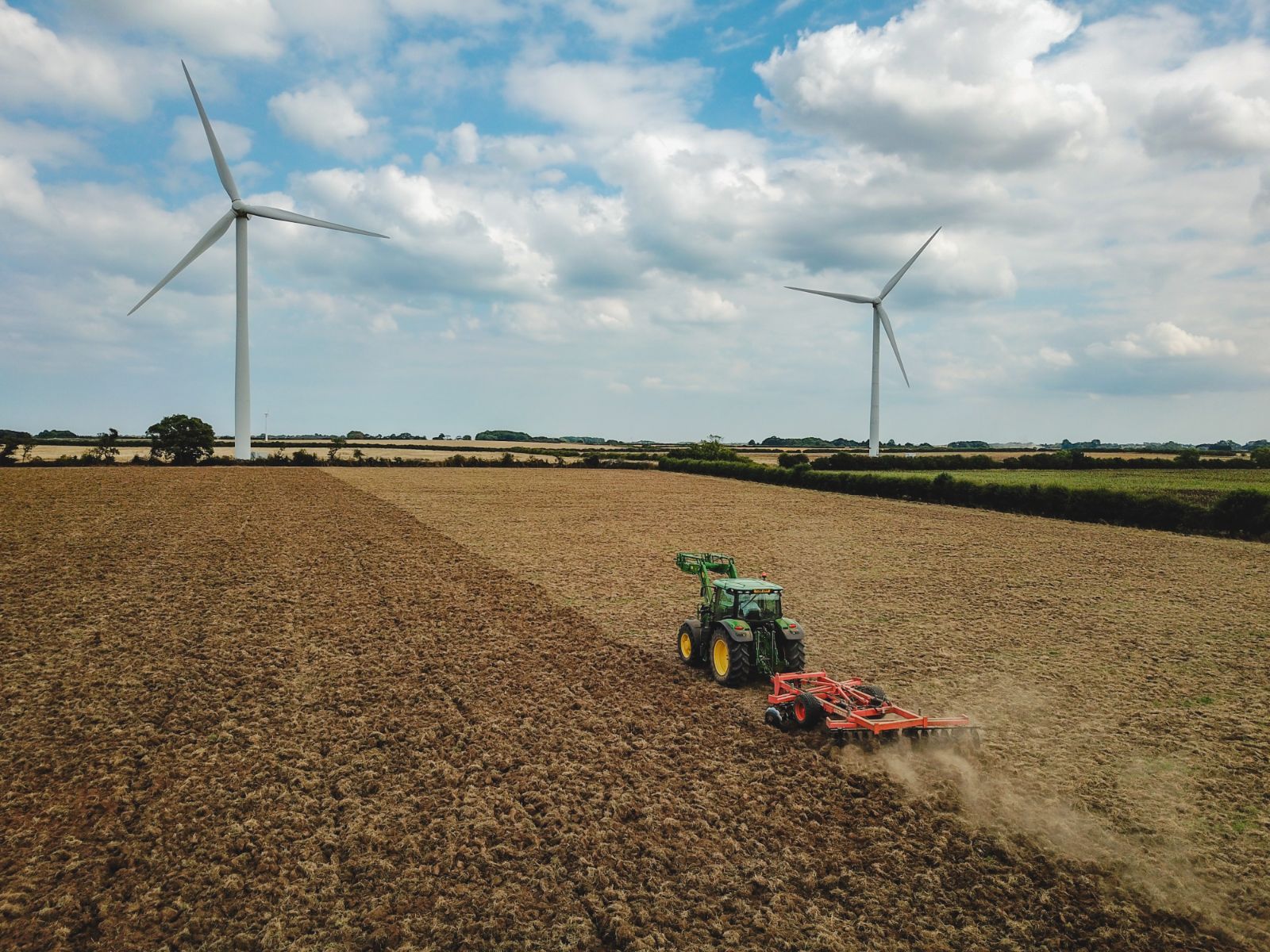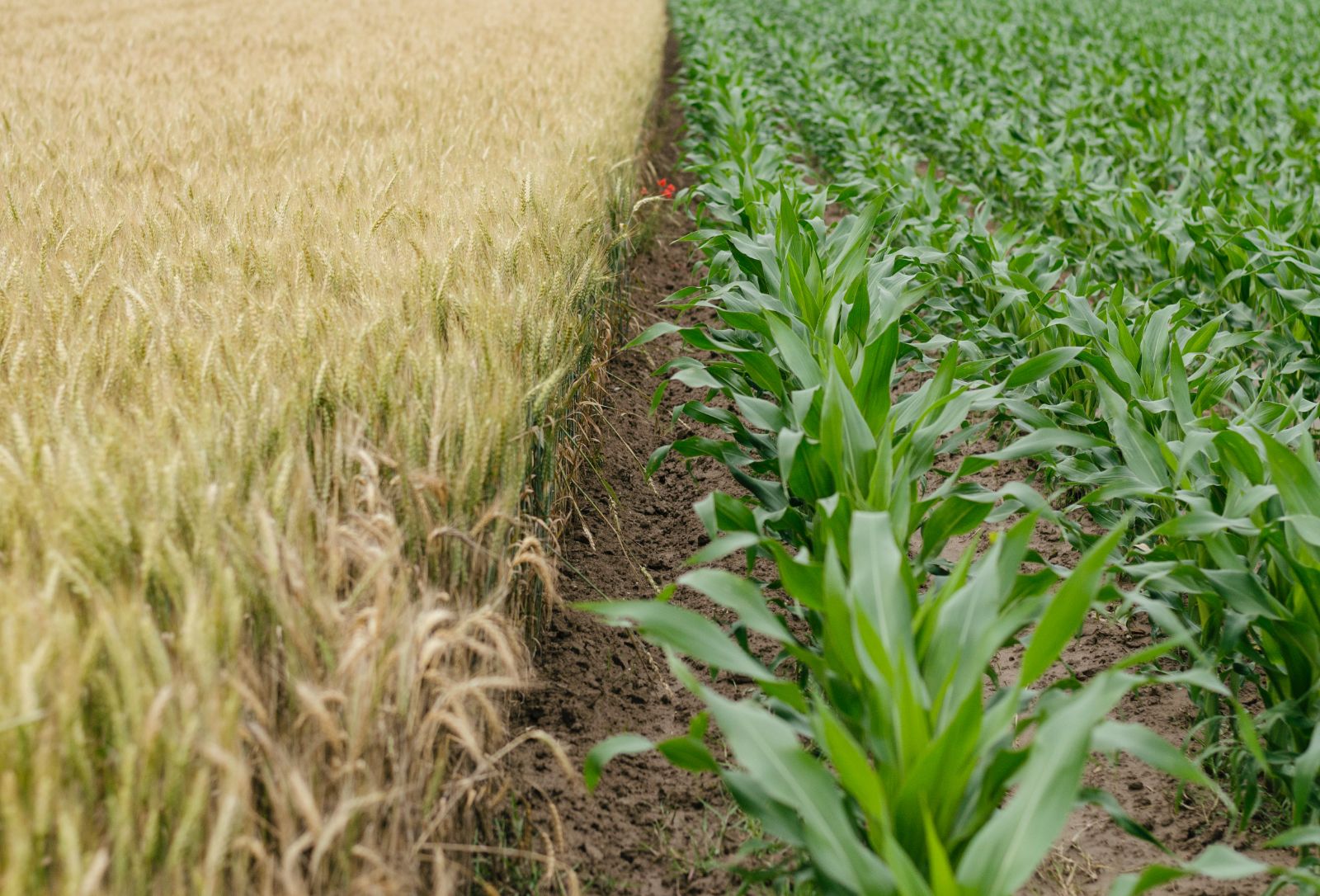Careers
agriculture
Do you love working outdoors? Do you like working working with a variety of people?
If so, a career in agriculture could be for you. There are many roles beyond the traditional ‘farmer’ stereotype; from plant and soil scientists, agronomists, environmental and other specialist consultants, through to sales professionals and machinery technicians. There are many routes in this quickly-evolving, varied, field for both those with and without further education qualifications.

agriculture
Farm worker/ manager
Farm Workers and Managers are the backbone of the agricultural industry and participate in a supply chain of national and international importance. There are many diverse roles depending on what is farmed; field crops such as grain and vegetables, animal husbandry such as beef and pork, poultry, aquaculture such as salmon, and forestry all need very different skill sets. Whatever is farmed there will be some link or dependency on soils, but where crops are grown in particular there is a need to understand and manage soil health. Poor soil management can lead to decreased crop yields, an increase in disease and pestilence, and higher costs incurred for fertilisers, soil improvers, soil consultancy and analysis. An understanding of soil function, classification, and improvement is key to being successful in the farming industry. With the rise of more scientific research and technology, farms are at the forefront of a race to evolve to meet the needs of a changing world, can you take on the challenge?
Farm working varies tremendously between roles, depending on the type of farming practice, but can also vary within a role due to the seasonal cycles on many farms. If you enjoy a varied job, and an active, outdoors, lifestyle farm work may be a good route for you!
Agriculture
Agronomist
Agronomists, sometimes known as crop scientists, specialize in producing and improving food crops through conducting experiments and developing methods of production. As plant scientists, agronomists can have many career paths, but their careers are generally focused on increasing the quality and amount of food produced for national and international supply. They can be teachers, agricultural business consultants, or researchers. They often work in the field, on farms, or in agricultural labs and mills. A bachelor’s degree is required to become an agronomist, although many professionals obtain further degrees. Agricultural scientists have a positive career outlook due to the continuous need for the food crops they help develop.
Agronomists have varied duties that require them to think critically to solve problems. First and foremost, agronomists experiment and plan studies to improve crop yields. They study a farm’s crop production to discern the best ways to plant, harvest, and cultivate the plants, regardless of the climate. An understanding of soil science, and plant interactions with the soil, play a key role in improving crop health and productivity. It is also important for agronomists to develop methods to control weeds and pests to keep crops disease-free.
Agronomists often use mathematical and analytical skills in conducting their work and experimentation. Complex data and information that they develop must be worked into a serviceable format for public consumption. Agronomists relay their information in written form, making presentations and speeches as well as responding diplomatically to sensitive issues regarding their findings. Their ultimate goal is to work scientifically to produce the finest crops, on the most consistent basis that they can, in any situation.

